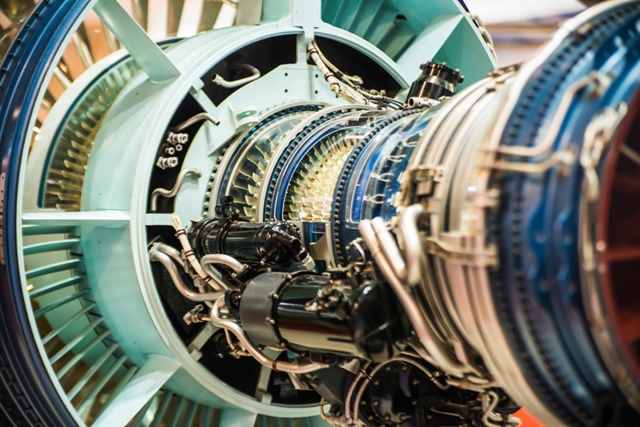
China launches aircraft engine business to challenge GE, Pratt & Whitney
by Canadian Manufacturing.com Staff

In line with other state-sponsored efforts to create new manufacturing industries, Beijing looks to end reliance on foreign engine makers

The Aero Engine Corp. of China starts out with 50 billion yuan (approximately US$7.5 billion) in registered capital and 96,000 employees, according to Chinese state media
BEIJING—Chinese state media made no mention of the perennial leaders in the aircraft engine market when announcing President Xi Jinping’s latest economic initiative, but GE, Pratt & Whitney and Rolls Royce are the clear target of a new government-sponsored program aimed at developing a new Chinese engine company.
The general secretary of the Communist Party of China authorized the formation of the Aero Engine Corp. of China Aug. 28, giving the company a mandate to accelerate independent aircraft engine research and make China an aviation industry power, according to Xinhua.
Though engine development is both a length and costly endeavour, if the the new company gets off the ground, it could disrupt the years-long stranglehold industrial conglomerate GE, United Technologies Corp. subsidiary P&W and U.K.-based Rolls Royce have had on the market.
The project is in line with other state-funded efforts to create Chinese industries to compete for market share both in China and abroad. Within the aviation industry, for instance, the country’s first home-grown civilian jet took to the skies on its first commercial flight in June following years of government-sponsored research and development. While the ARJ21-700 is powered by GE engines, if Beijing has its way, the next generation of the regional jet may not be.
Formed through the amalgamation of several state-owned entities, the new company received funding from China’s State Council, the Beijing Municipal Government, Aviation Industry Corp. of China and Commercial Aircraft Corp. of China. It starts out with 50 billion yuan (approximately US$7.5 billion) in registered capital and 96,000 employees, according to Chinese state media.